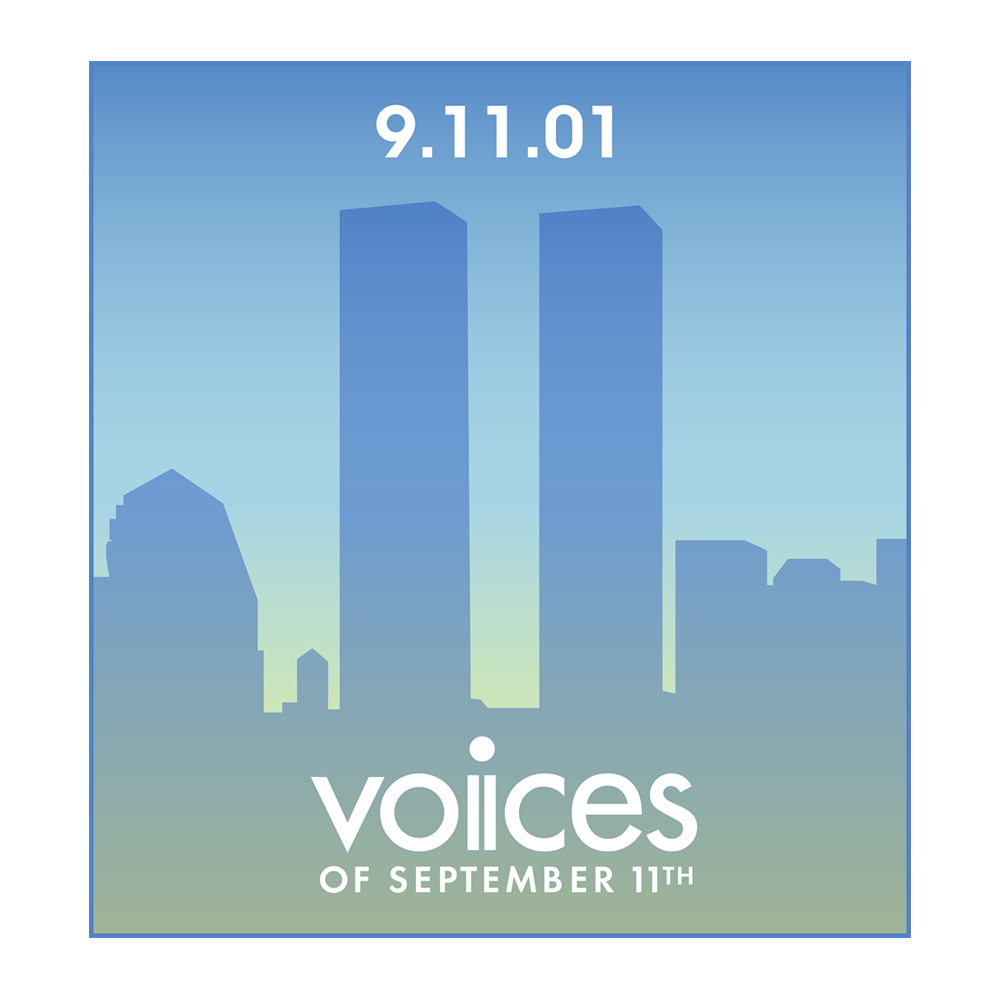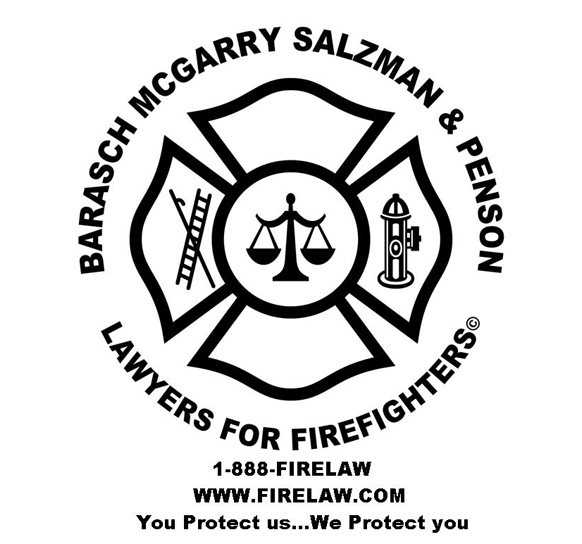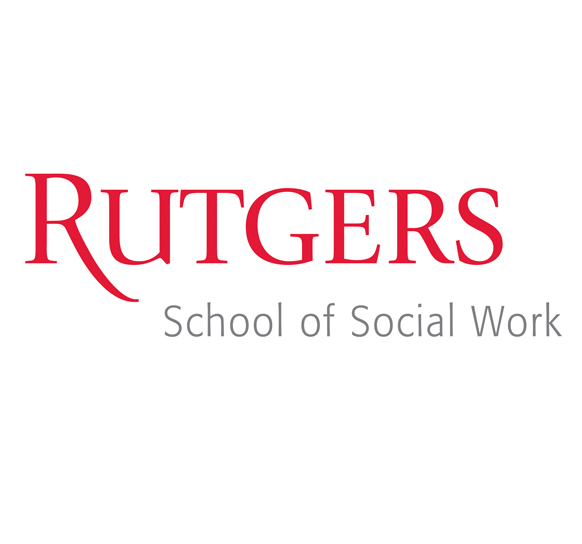14th Annual Information Forum | 2015

On Thursday, September 10, 2015 VOICES hosted our 14th Annual Day of Remembrance Information Forum. This event was an insightful day featuring presentations, panel discussions on the World Trade Center Health Program and re-authorization of the Zadroga Act, and interactive workshops led by accomplished clinicians, authors, and researchers. We were pleased to bring together this group of professionals with expertise in the fields of psychology, research, occupational health, and medicine. VOICES thanks the World Trade Center Health Program, Rutgers School of Social Work, Kreindler & Kreindler, and Barasch, McGarry, Salzman & Penson for co-sponsoring the event.
The day-long event included the following speakers and presentations:
Suzanne B. Phillips, PsyD, ABPP, CGP, FAGPA opened the day in giving the Keynote Address, "The Road from Shared Loss and Private Pain to Unexpected Resilience and Reasons for Hope." Dr. Phillips, psychologist, psychoanalyst, certified group therapist, and Adjunct Full Professor of Clinical Psychology at LIU Post, drew upon theory and examples to consider the pain and promise of Anniversary Events, the transformation of traumatic loss, the role of grieving, the potency of human connection, the narration of healing, the building of resiliency, the meaning of recovery, the power of hope and the right to happiness.
Sheila Birnbaum, JD; Frances Gottfried, PhD; Michael Barasch, JD; and Noah Kushlefsky, JD next presented about the Victim Compensation Fund and the Zadroga Law. They answered questions from the audience about claims and emphasized the upcoming deadline.
In the adjacent room, Robert H. Klein, PhD, ABPP CGP, DLFAGPA; Kathleen Hubbs Ulman, PhD, CGP, FAGPA; Craig Haen, PhD, RDT, CGP, LCAT, FAGPA; and Madelyn Miller, PhD, LCSW, CGP led round table groups discussing getting support after trauma. The discussions provided an opportunity for those attending to respond to ideas raised in the keynote address, raise other issues related to dealing with the aftermath of traumatic events, ask or answer questions based on their own experience, highlight unmet needs and give voice to their journey in the company of others who want to listen. These groups made possible the sharing of wisdom and understanding that people who have faced life's challenges can offer to each other.
Suzy Ballantyne from the Citizens for the Extension of the James Zadroga Act and James Melius, MD from the New York State Laborers Health and Safety Fund discussed the importance of renewing the Zadroga Act to ensure health coverage for those who have become sick due to their exposure on 9/11. They highlighted how crucial it was to enroll in the World Trade Center Health Program to ensure services would continue to be provided and talked about how enrollees can to stay up-to-date with the most current information.
Mary Fetchet, LCSW and Susheel Gupta, Director of the Air India Victims' Families Association and Vice-Chairperson of the Canadian Human Rights Tribunal joined Boston Marathon Survivor Amy O'Neill to present on long-term needs of victims' families and survivors. "You don't always have to be strong all the time," Amy notes as she discusses the struggles she has faced in the aftermath of the tragedy. While Mary discussed the long-term commitment that VOICES has to the 9/11 families, Susheel shared his experiences after losing his mother in the bombing of Air India Flight 182 in 1985.
Suzanne Phillips, PsyD, ABPP, CGP, FAGPA led a panel discussion, "Making Meaning, Making Sense After Trauma and Loss" with Robert H. Klein, PhD, ABPP, CGP, DLFAGPA; Madelyn Miller, PhD, LCSW, CGP; and Kathleen Hubbs Ulman, PhD, CGP, FAGPA. The panel talked about making meaning of the human response to unspeakable life events, keeping in consideration PTSD, depression, anxiety and treatments to address them. They touched on how severe illness can be a trauma and how to face the question of how we cope with "Life After the Diagnosis."
Next, Deputy Director of the Mount Sinai WTC Monitoring and Treatment Program Michael Crane, MD spoke with Director of the Queens World Trade Center Clinical Center Jacqueline Moline, MD and Medical Director of the Survivor Program at Bellevue Hospital Joan Reibman. They reviewed the history of the World Trade Center Health Program and how it was developed, as well as current updates and where the program is heading in the future.
Simultaneously in the other room, Deputy Nurse Manager at the Mount Sinai Selikoff Centers for Occupational Health Mickie Brown, RN, HN-BC; Suzanne Phillips, PsyD, ABPP, CGP, FAGPA; Robert H. Klein, PhD, ABPP, CGP, DLFAGPA; Kathleen Hubbs Ulman, PhD, CGP, FAGPA; and Madelyn Miller, PhD, LCSW, CGP collaborated in talking about "Strategies for Restoration and Resilience." The panel demonstrated ways to expand and use strategies for coping with trauma and loss. It included a consideration and exercise in mindfulness and other strategies such as resilience building, exercise/physical engagement, creativity, networks of connection, spirituality and humor will be presented by the other panelists.
Alice Greenwald, Executive Vice President for Exhibitions, Collections & Education and Director 9/11 Memorial Museum, opened our last panel with recent updates about the museum, noting the number of people who have visited since the opening, including their special guests. Jan Ramirez, Chief Curator and VP of Collections, Cliff Chanin, VP of Education and Pubic Programs, and Amy Weisser, VP for Exhibitions also presented. Finally, Mary Fetchet, LCSW and Stephanie Landau, Program Director announced the Debut of the Next Generation of the Living Memorial Project, and described how the new site will be searchable and more user-friendly for family members to access their loved ones' dedication pages.
Thank you to all who participated!




